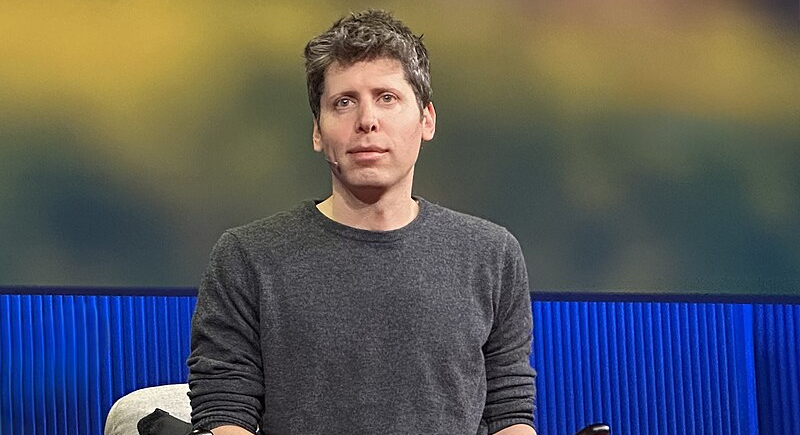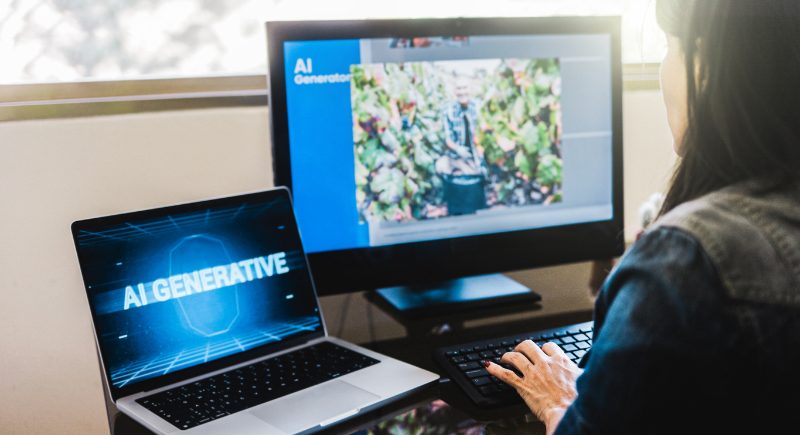Today's newborns will grow up in a childhood where AI is simply part of everyday life. That's something that Sam Altman is deeply concerned about. He argues that children will never know a time before AI, and the technology will always be ahead of them in speed and capability. Only a few years ago, there was still a sense that humans could keep pace. That window, he says, has closed.

Image via Wikimedia Commons/Steve Jurvetson
Concerns about this shift are already widespread. A recent Reuters/Ipsos poll of 4,446 U.S. adults found that 71 percent worry AI could permanently displace workers. Nearly 80 percent fear that realistic fake videos will disrupt politics, and more than half are uneasy about AI companions replacing real human connections.
Altman put it bluntly: “My kid will never be smarter than an AI.” He wasn’t mourning the idea but explaining how quickly the balance has changed.
“My Kid Will Never Ever Be Smarter Than An AI”
For centuries, every new generation found ways to surpass the last. This happened through education, tools, and invention. But when machines can learn in hours what it takes people years to master, that old ladder of achievement has changed.
Altman’s warning landed when he said bluntly that his own child will never outthink artificial intelligence. Recent newborns will grow up with AI that’s faster, sharper, and permanently ahead.
Parenting In A Machine-Smart World
Altman isn’t blind to what this shift means for families. He has spoken about using ChatGPT himself during the early days of parenting for practical help with newborn care. AI, in that sense, becomes part of the household toolkit. Yet he also draws a line.
He has cautioned against children seeing AI as a best friend. For him, love, empathy, and ethical guidance remain the bedrock of raising kids. The challenge isn’t shielding children from AI but teaching them to live alongside it. That reframing might be the single biggest parenting adjustment of the coming decades.
Beyond The Home

Image via iStockphoto/Vanessa Nunes
As CEO of OpenAI, Altman carries credibility when he makes such predictions. His company has shaped the technology that now writes articles, drives investment decisions, and analyzes medical data.
With that influence comes a broader question: what happens to work, education, and identity in a world where AI is always ahead?
AI already outperforms humans in specialized tasks, but it isn’t good at everything. Creativity, adaptability, and judgment are still areas where people can shine.
Many experts argue that schools and employers should shift focus toward those strengths. Instead of trying to beat AI, the next generation may need to learn how to work with it in ways that emphasize human traits machines can’t replace.
